GO FURTHER
In Europe

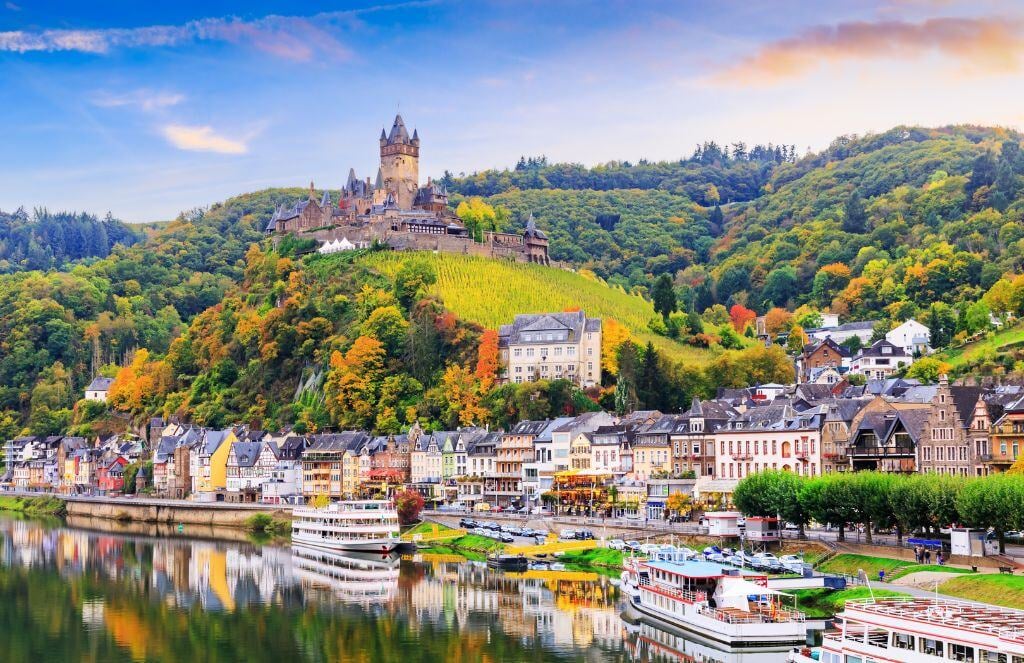
Europe is full of unforgettable experiences, from Paris to the Swiss Alps. Whether you're exploring ancient cities or relaxing in charming villages, our expert team at Crown Currency Exchange has created destination guides for each country to help you be #ReadyForAnything
Choose Your Destination Guide

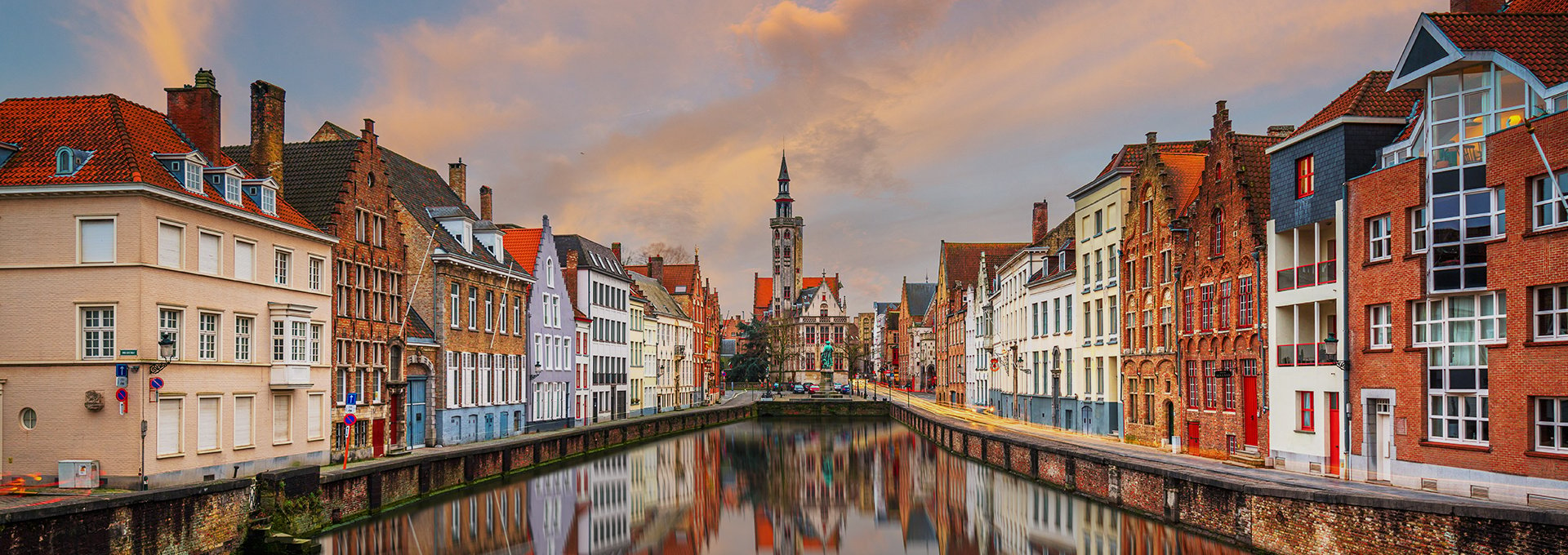


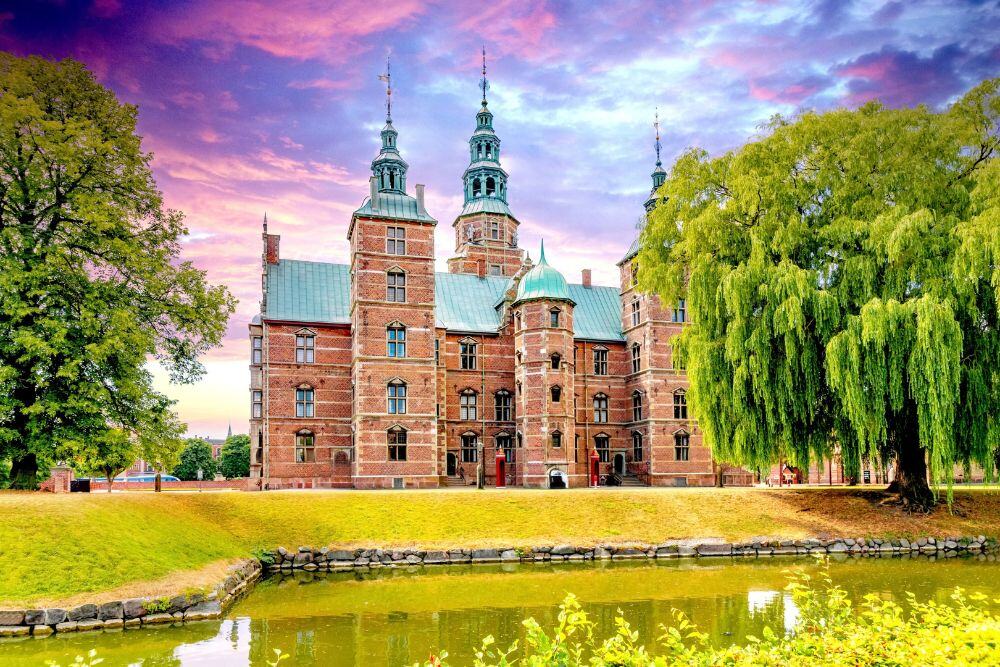
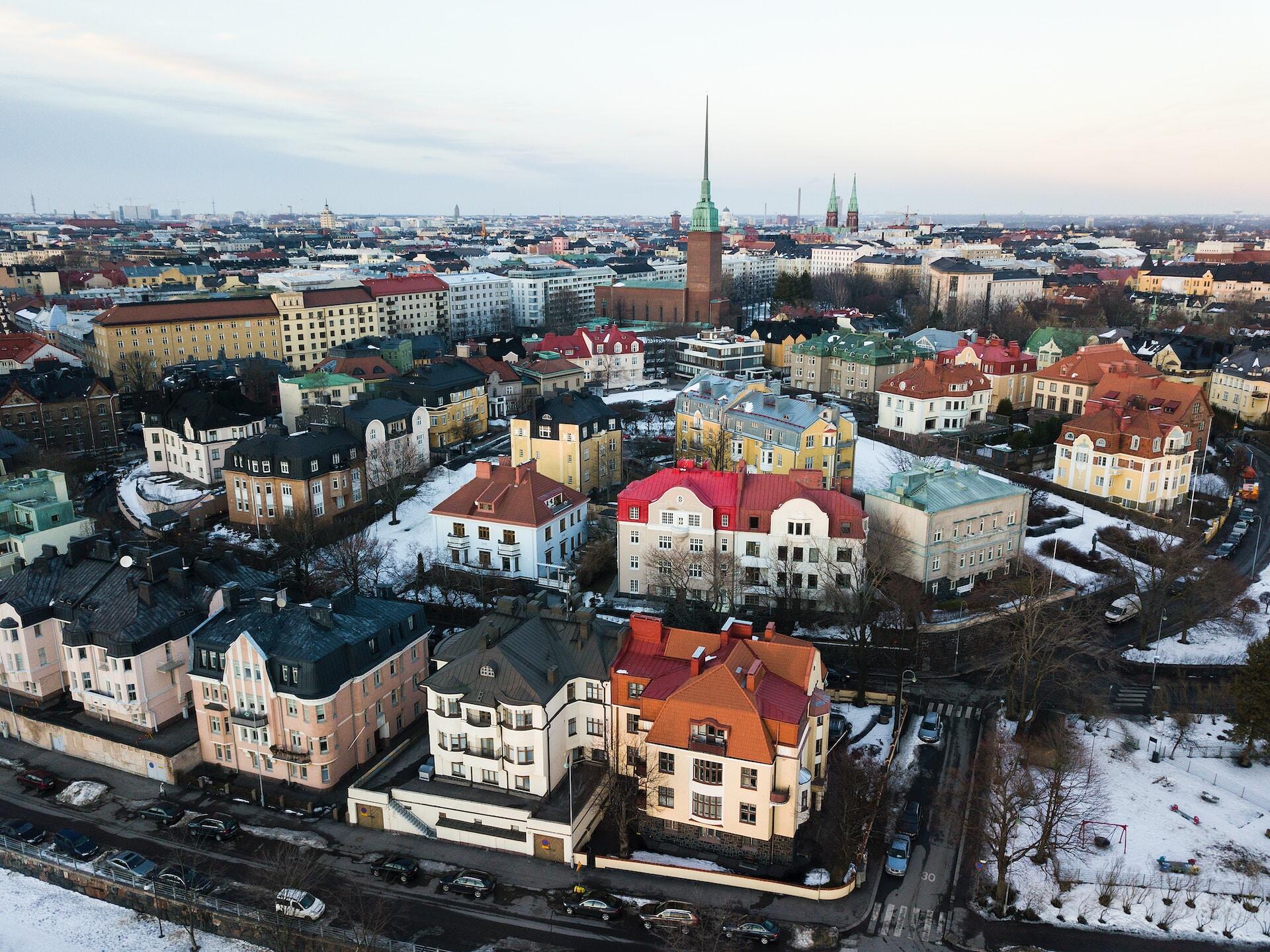









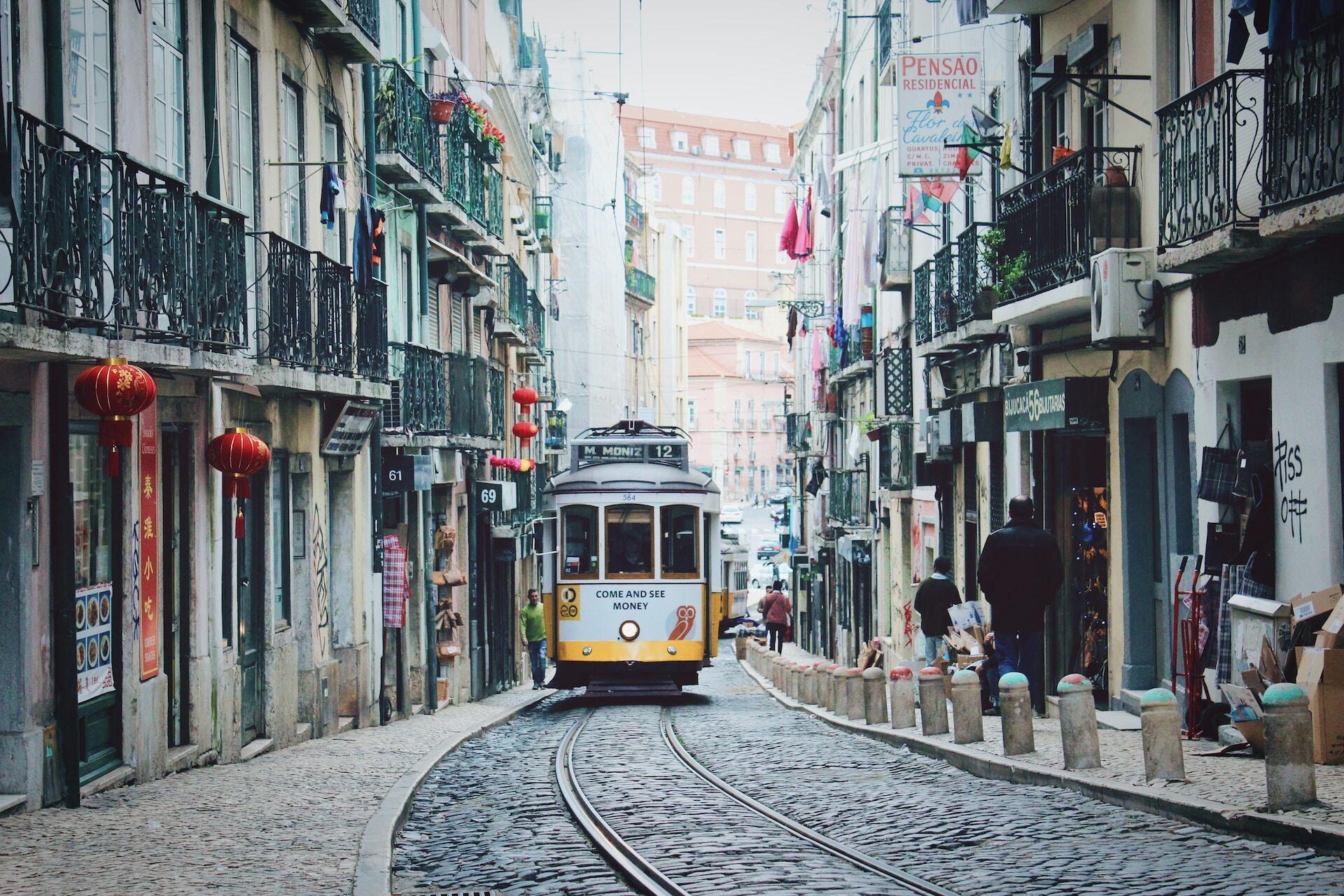



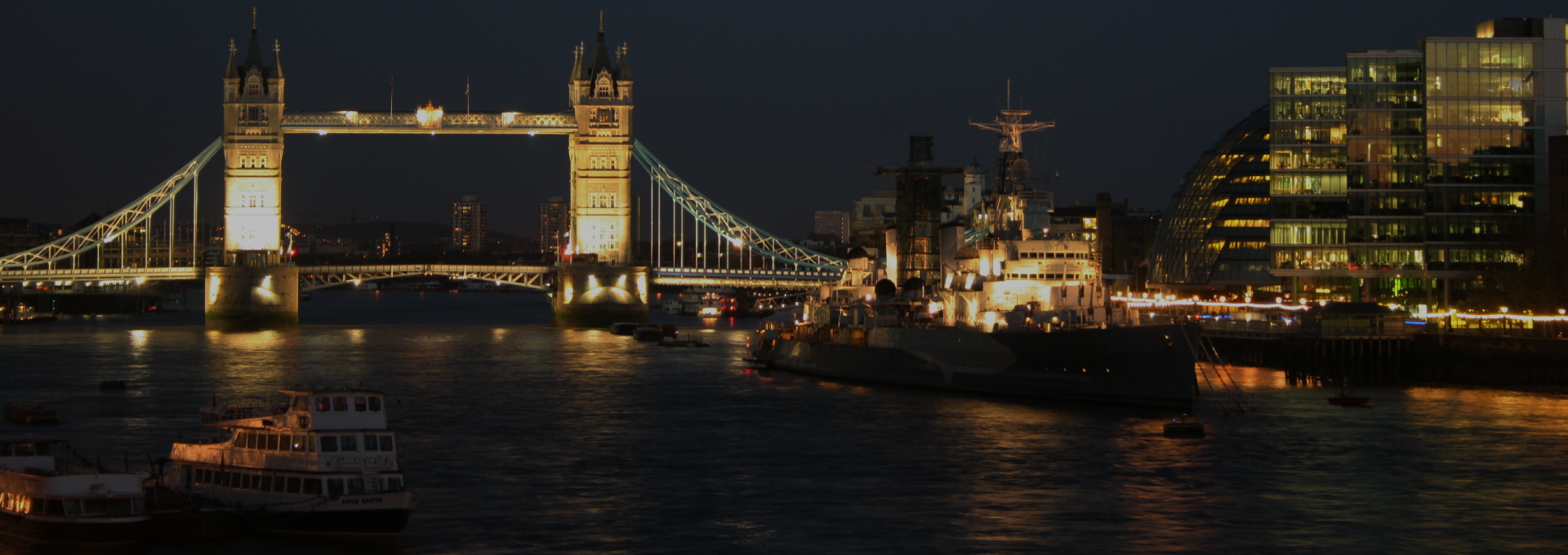
Heading to Europe?
Check out our travel tips and cash guides for your time in Europe to help you #GoFurther
Europe FAQs
What currency is used in Europe?
The euro (€) is widely used across Europe, particularly in the Eurozone, which includes 20 of the 27 European Union member states. However, many countries, such as the UK (British pound), Switzerland (Swiss franc), and those in Scandinavia and Eastern Europe, use their own currencies. Having cash in these currencies is essential, especially for small purchases, transportation, and local markets.
When is the best time to buy currency for Europe?
It’s best to buy your Euros or other European currencies well in advance of your trip to secure a favourable exchange rate. Purchasing larger amounts of currency ahead of time ensures you avoid high fees and poor rates often found at airports and tourist spots, leaving you with more to spend on your travels.
Last-minute purchase? We’ve also got you covered, swing by on the way to the airport to ensure you get the right currencies and avoid those extra fees and commissions.
How do I get the best currency rate for Europe?
To get the best exchange rate for Europe, avoid last-minute exchanges at the airport and buy early with Crown Currency Exchange. We offer competitive rates and zero commission with Euros always available, so you can lock in the best deal on a larger amount of cash for your trip, maximizing your travel budget.
Last-minute purchase? We’ve also got you covered, swing by on the way to the airport to ensure you get the right currencies and avoid those extra fees and commissions.
Why should I carry cash when travelling in Europe?
Cash is vital in Europe, especially for local transport, tipping, dining in small cafes, and shopping in markets. Many businesses, particularly in rural areas, don’t accept cards, so having a larger amount of local currency will help you avoid unnecessary hassles and fees.
